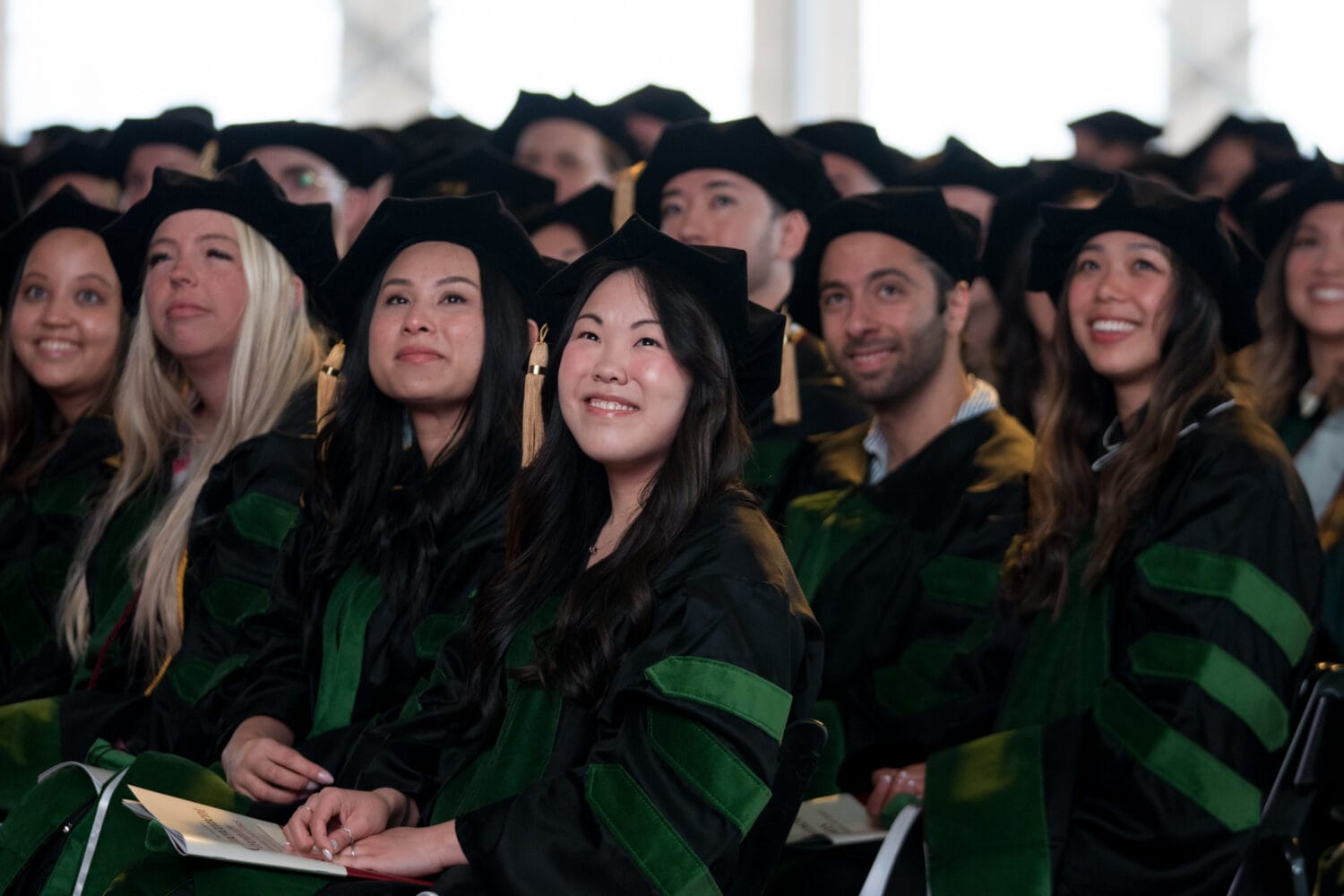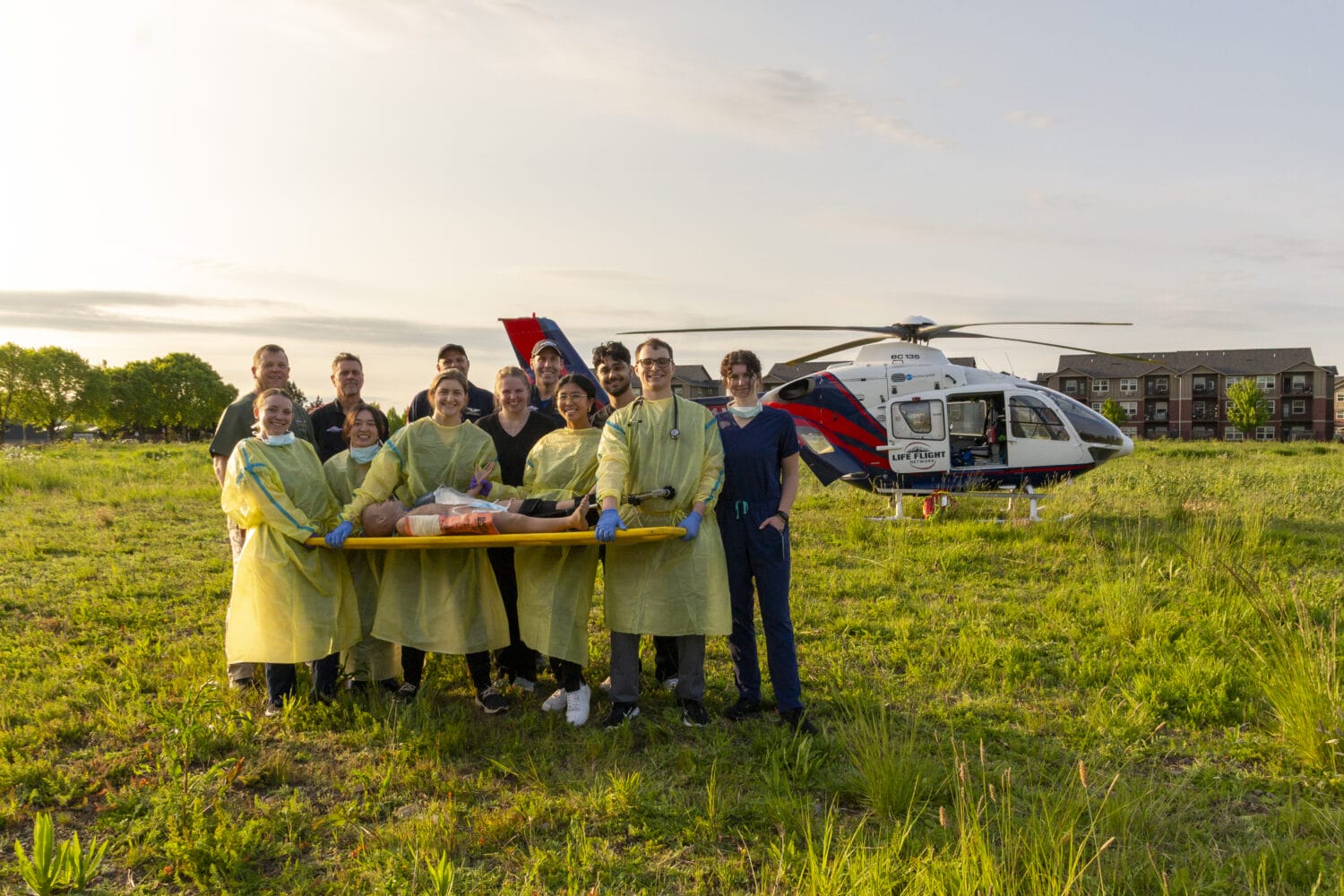Disaster Search Dog Teams Honored by Western University's College of Veterinary Medicine
Eight of the California advanced search dog teams recently returned from
service at Ground Zero in New York City were honored in Los Angeles today
by the College of Veterinary
Medicine at Western University of Health Sciences located in Pomona,
35 miles east of the downtown area.
In conjunction with its annual “”A Tribute to Caring”” fundraising event,
the university donated $15,000 to the National Disaster Search Dog Foundation
(NDSDF), a non-profit organization that turns rescued and donated dogs
into the FEMA-approved rescue dogs. The organization sent a total of 13
dogs and their handlers to the World Trade Center site after the terrorist
attacks to search for victims.
Presiding over the event was Shirley Johnston, DVM, PhD, founding dean of
the college, which is the first and only veterinary medical school in
Southern California. Debra Tosch, NDSDF executive director and a rescue
dog handler herself, accepted the donation on behalf of her organization,
which is based in Ojai, Calif.
Handlers and dogs from Los Angeles, San Diego and Sacramento were present
to receive commemorative medallions and certificates. Among the ranks of
handlers were firefighters, a paramedic, and a stockbroker. The event
took place in Los Angeles at the Animal
Specialty Group, a provider of state-of-the-art veterinary medical and
surgical care and one of the college’s principal teaching institutions.
As a response to the terrorist acts, Western University diverted 20
percent of proceeds from the fundraiser, which usually benefit the
university’s scholarship fund, to relief organizations working to help
victims and their families of the September 11 terrorist attacks. In
addition to the donation to the Foundation, 10 percent of the funds raised
were sent to the “”Families of
Freedom Scholarship Fund.””
Four of the university’s five colleges train students to become
pharmacists, osteopathic physicians, physical therapists, advanced
practice nurses and physician assistants. The university’s College of
Veterinary Medicine will open its doors to its charter class of students
in fall 2003.



